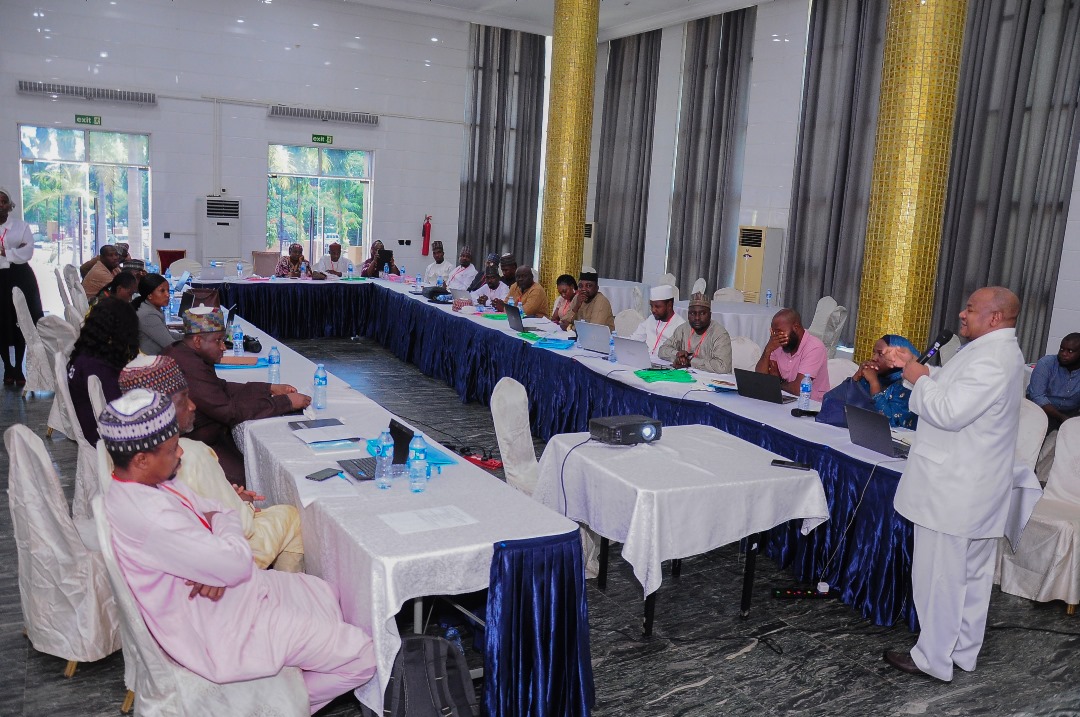By Khadija Aliyu
The Africa Health Budget Network (AHBN) in partnership with the African Field Epidemiology Network (AFENET) has organized a three-day Peer Learning and Exchange Retreat under the Zero Dose Learning Hub (ZDLH) project.
The retreat aimed as renewing effort to combat the growing concern of zero dose children, that is children who have not received a single Routine Immunization vaccine.
Funded by GAVI, The Vaccine Alliance, the retreat, held in Abuja, convened over 30 stakeholders from national and sub-national levels across the four ZDLH implementing states of Bauchi, Borno, Kano and Sokoto, as well as the Federal Capital Territory (FCT), Abuja.
The retreat with a theme: “Accountability, Equity and Sustainability in Reducing Zero Dose Children,” provided a collaborative platform for members of the Community of Practice (CoP) to review progress, share best practices, and co-create strategies aimed at improving immunization coverage in Nigeria.
In a presentation titled “ZDLH State Reflections: What Works, What Doesn’t, What Next?”AHBN Focal Person for Kano State, Dr Musa Muhammad Bello, outlined innovative strategies being piloted to close the immunization gap.
“Piloting immunization cards to register vulnerable households for Conditional Cash Transfer (CCT) schemes, assessing project performance using the IRMMA framework and Theory of Change.
“Others are, Exploring partnerships with organizations like Save the Children (SCI), BOST, and PROTECT to leverage local resources.
“Deepening CoP participation in Technical Working Groups (TWGs) and immunization task force meetings and Strengthening advocacy through data-driven scorecards.
“Ensuring continued CoP engagement in all immunization-related platforms and utilizing locally driven innovations and advocacy to drive systemic change,” he said.
In his remarks, AHBN Team Lead in Borno State, Dr Adamu Hassan Umar, emphasised integrating immunization with other services such as nutrition, maternal care, education, policy and coordination.
He said, “Supporting frontline health workers through training and protective measures, will create a more holistic approach to child health,” he said.
On his part, the Bauchi State AHBN Focal Person, D Hassan Shuaibu Musa stressed that sustained engagement with political, traditional, and community leaders is crucial to boosting immunization outcomes.
He also highlighted the importance of Accountability tools like joint monitoring committees and scorecards and Inclusive approaches that involve youth, women’s groups, and Persons with Disabilities (PWDs) to increase program effectiveness.
The retreat reinforced the shared goal of reducing the number of zero dose children by improving accountability, equity, and sustainability in immunization programming.
Health Reporters Newspaper report that each of the Chairs of the CoP, highlighted the progress in addressing zero dose children across the four states.
According to the organisers, the success of the retreat highlights the power of peer learning, multi-stakeholder collaboration, and community involvement in building resilient health systems and ensuring that no child is left behind.




